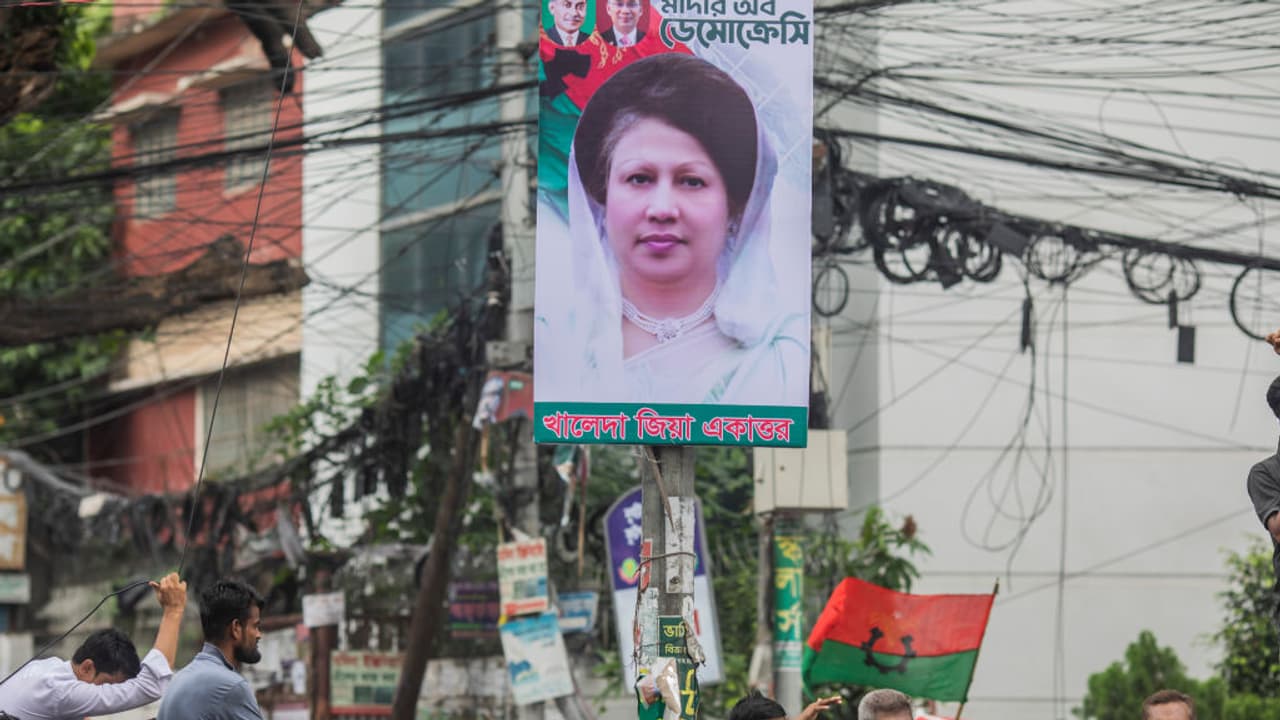BNP’s divisive politics have undermined Bangladesh’s secular identity, hindered development, and threatened national unity and progress.
New Delhi: The birth of Bangladesh was rooted in the struggle for cultural identity, justice, and self-determination. Bangladeshi people sacrificed their lives in the “1952 Language Movement” and the “1971 Liberation War” to protect the Bengali language and uphold the values of secularism, democracy, and social equity. Under the visionary leadership of Bangabandhu Sheikh Mujibur Rahman, Bangladesh emerged as an independent nation committed to progress and inclusivity. However, the rise of the Bangladesh Nationalist Party (BNP) with its deep ties to anti-liberation forces and pro-Pakistani ideology posed a direct threat to these foundational principles.
BNP’s politics, since its inception, have consistently undermined the essence of Bangladesh’s identity, often attempting to rewrite history and dilute the spirit of the liberation movement.
Rise of the BNP and Threats to National Principles
The BNP has historically positioned itself against the cultural and ideological fabric of Bangladesh.
After the brutal assassination of Bangabandhu in 1975, BNP leaders provided political space to the very elements who had opposed the independence of Bangladesh. Their attempt to impose a narrow, religion-centric identity over our rich, inclusive Bengali culture alienated minority communities and weakened national unity.
BNP systematically replaced the values of secularism with religious extremism by rehabilitating war criminals and extremists into mainstream politics.
By doing so, the party not only dishonoured the sacrifices of 1971 but also threatened the social harmony that defines our national character.
Bangladesh has made remarkable strides in recent years under governments focused on development.
According to the World Bank, the country’s GDP per capita rose from $482 in 2006 to over $2,800 by 2024.
Life expectancy has increased to more than 73 years, literacy rate has improved significantly, and poverty has fallen from 40% in 2005 to below 18%.
Bangladesh is now the world’s second-largest clothing exporter and one of the top 10 countries earning money from workers living abroad.
BNP’s Record of Corruption and Governance Failures
However, during the BNP government (2001–2006), Transparency International ranked Bangladesh as the most corrupt country for five years in a row.
During that time, investment dropped, unemployment increased, and important national institutions were weakened due to political influence and favouritism. Where the Awami League has invested in infrastructure like the Padma Bridge, metro rail and power generation, the BNP governments failed to deliver any comparable legacy.
BNP’s actions have also tarnished Bangladesh’s image globally. Violent street agitations, alliance with radical groups like Jamaat-e-Islami, and their anti democratic behaviour have led to diplomatic isolation and a decline in investor confidence.
During BNP’s tenure, foreign direct investment stagnated, while global media reported on political violence, grenade attacks, and repression of dissent.
However, today Bangladesh is viewed as a model for developing nations, praised by the UN for achieving major Millennium Development Goals ahead of schedule and being on track for Sustainable Development Goals.
BNP’s Regressive Politics and Democratic Concerns
BNP’s regressive politics, including boycotting elections and resorting to violence, have made the political climate toxic and cast doubts about the country’s democratic maturity in the eyes of the international community.
The politics of the BNP have consistently proven to be a barrier to the nation’s progress.
Instead of promoting unity, development and a forward-looking vision, BNP has clung to divisive, outdated and anti-national ideologies. Their return to power would risk undoing the progress. Bangladesh has achieved and jeopardised the dreams of future generations.
As citizens who respect the blood that birthed this nation, we must recognise and reject the destructive path that the BNP offers.
The soul of Bangladesh lies in its inclusive identity, its commitment to progress, and its unbroken spirit of independence – values that BNP has historically opposed and continues to undermine.
